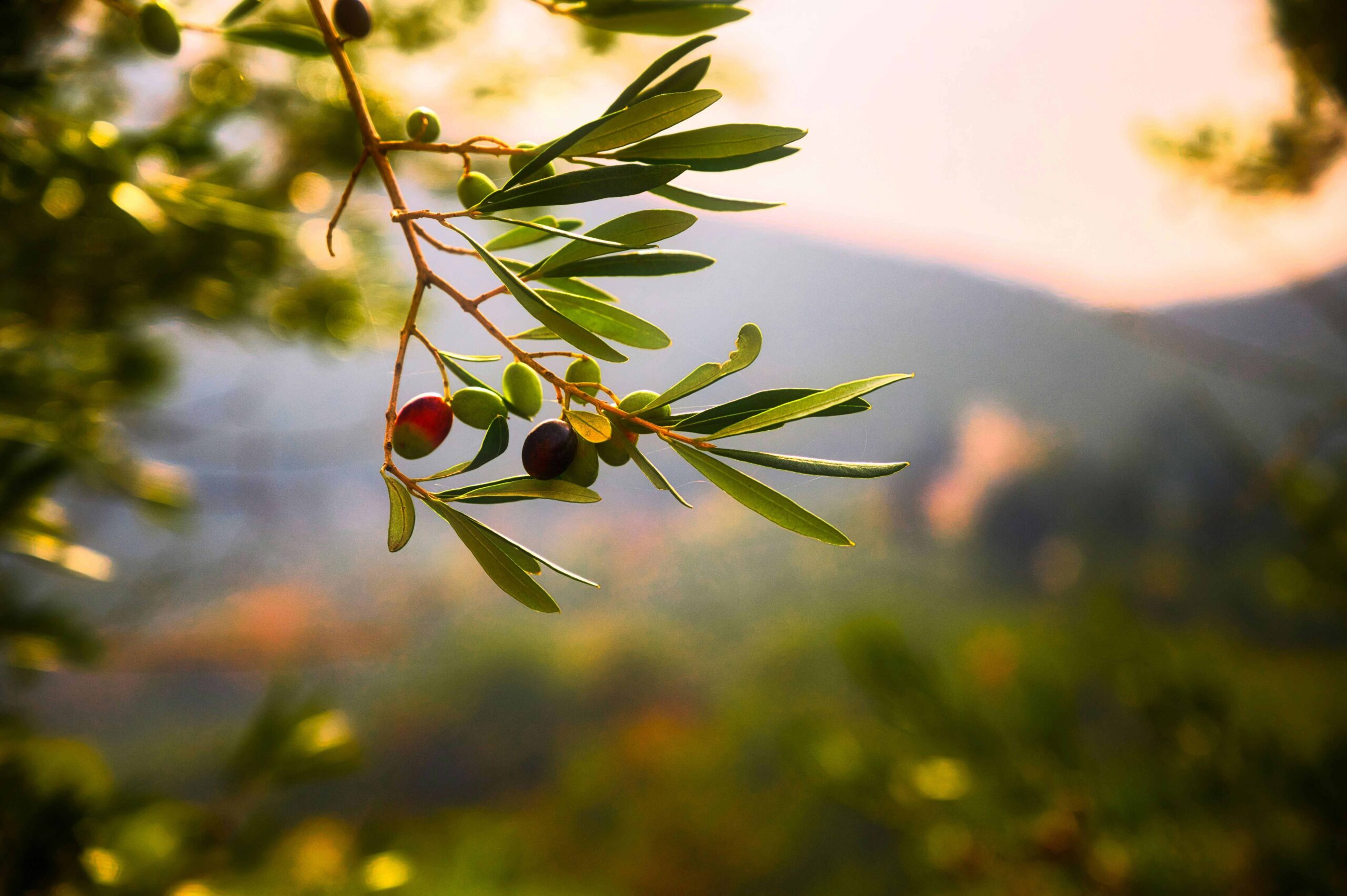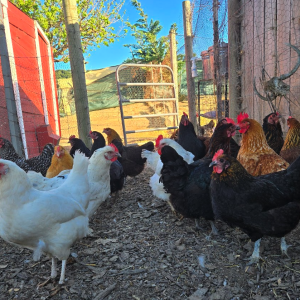Ancient Romans, much like their Greek predecessors, regarded olive oil as an indispensable resource—one that permeated nearly every aspect of daily life, from the kitchen and the public baths to religious ceremonies and economic trade. Here are some of the primary ways the Romans used olive oil:
Culinary Uses
Olive oil was a cornerstone of Roman cuisine. It was used both as a cooking medium and as a condiment to enhance the flavor of food. Romans drizzled olive oil over dishes, mixed it into sauces, and used it for frying and roasting. Its preservative qualities also helped extend the shelf life of perishable foods in a time before refrigeration. In recipes that have survived through ancient texts, olive oil appears as a critical ingredient in stews, bread-making, and even in early forms of salad dressings.
Medicinal and Cosmetic Applications
Roman physicians, influenced by the empirical traditions of earlier cultures, prescribed olive oil for a variety of ailments. It was used as a base for ointments to treat wounds, skin irritations, and digestive issues. Additionally, olive oil played a major role in personal hygiene and beauty routines—it was applied to the skin as a moisturizer, used in massages to relax muscles, and even served as a hair conditioner. Public baths, which were central to Roman social life, often featured olive oil as part of cleansing rituals, where it was applied to the body and then scraped off to remove dirt and dead skin.
Religious and Ceremonial Significance
In the realm of religion, olive oil had profound symbolic importance. It was the fuel for temple lamps, providing light in sacred spaces and symbolizing divine presence. Olive oil was also used in anointing rituals—whether for consecrating statues, altars, or even individuals during religious ceremonies. These practices underscored the oil’s role as a purifying substance that bridged the human and the divine.
Economic and Industrial Impact
Olive oil was a major commodity in the Roman economy. Large-scale cultivation and processing of olives took place in the Mediterranean provinces, and advanced techniques such as mechanical pressing (including trapetae and later hydraulic presses) improved both yield and quality. Olive oil was traded across the empire and beyond, sometimes even serving as a form of currency or barter. This commercial importance not only fueled agricultural development but also connected diverse regions through robust trade networks.
Social and Athletic Uses
Beyond its everyday uses, olive oil had a place in the social and athletic arenas of Roman life. Athletes, similar to the Greeks, used olive oil to anoint their bodies before competitions, which not only accentuated their muscles but also helped protect the skin during rigorous physical activity. It was also common for Romans to massage olive oil into their skin after exercise or a bath, contributing to both relaxation and skin health.
Conclusion
In ancient Rome, olive oil was much more than a simple cooking ingredient—it was a versatile, multi-use commodity that played a crucial role in health, religion, commerce, and daily living. This legacy of olive oil, with its blend of practicality and symbolic richness, continues to influence culinary and cultural traditions around the world today.













